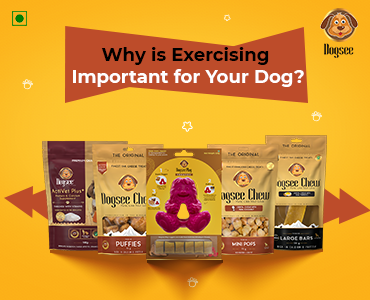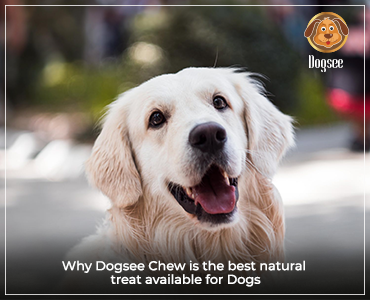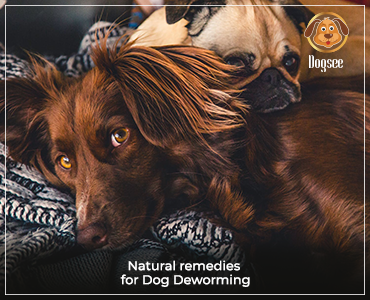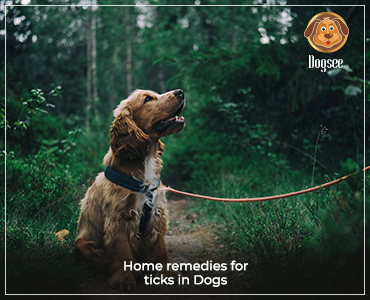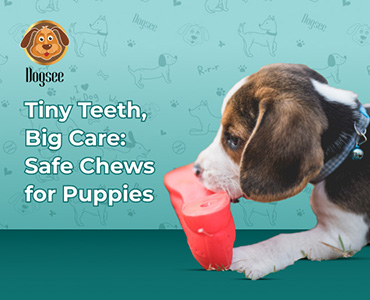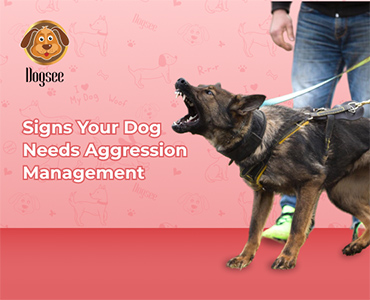Bringing a puppy home is an exciting yet important decision for an individual or a family. This four-legged ball of fur will be the newest member of your family - one that will need your utmost care, love and attention.
Most people, when preparing to bring home a puppy, do some research on the breed, make sure the new puppy has the essentials - toys, blanket, bed, and food. But what many miss out on is understanding the critical stages in their development, and the ways we can successfully help them bloom into a well-behaved, happy adult dog.
That’s because we, as humans, hold different meanings of the word “puppy.” For some, puppy means a 6 month old ball of fur that fits in the size of your palms and looks up at you with those sweet, innocent eyes, ready to explore the world. For others, it might mean, a 1 or 2 year old puppy who has been adopted and getting his/her second chance at living the best life, with a place to call home and their very own set of humans to love them. No matter how old your four-legged friend really is, you will still see them as your baby.
Physically speaking, puppyhood typically comes to an end at the 1 year mark. However, according to the American Kennel Club, some puppies take longer to become adults. For example, large breed dogs usually take longer to reach adulthood than smaller breed dogs.
Canine Development Stages

Before we dive into the right accompaniments to provide your pets to aid during their canine development, let’s look at each of these stages.
NeoNatal Stage (0-2 weeks)
This is when the puppy first comes into the world. Puppies are born blind and deaf, so they rely on their taste and touch. They are mostly influenced by their mother and littermates - they learn to socialize, share the space, and share the milk with them. Their mother often teaches them basic social skills while ensuring the puppy maintains good health.
Transitional Stage (2 - 4 weeks)
During the transition stage, they start developing their senses of smell and hearing. They open their eyes, they begin to walk, wag their tails, and their baby teeth start coming in. By the end of this stage, they’ll be able to use the bathroom on their own, and become aware of the surroundings, their littermate and their mother.
Socialization Stage (3-16 weeks)
This stage is the most critical stage of the development process. Up until they are eight weeks, puppies should still ideally be kept with their mothers and littermates. By week 8, it’s important to expose the puppy to all kinds of people, because during this stage, the puppy goes through a fear period, where they are highly sensitive to sudden movements, people, and sounds such as an alarm. But exposing them to kids, men, women, disabled people and other animals at this stage can help form their social behavior, and stay with them through adulthood.
You can also start training your puppy and introduce them to a leash and collar, teach him/her to come when you call by name, and sit/stay. You should start touching the feet and body parts of the puppy as well, so they get used to the behavior. Otherwise, they can potentially try to bite or growl when you try to touch their feet, let’s say, to trim their nails. Essentially, the behaviors you would like to instill in your puppy and hope they carry it into their adulthood should be introduced in this stage.
But you should be cautious when socializing at the same time, and ensure that your puppy is only around your family dogs or around other puppies/dogs with vaccination to prevent them from getting infections like parvo.
Pre-Adolescence ( 4- 6 months)
This is when the puppy energy kicks in. They start chewing, and teething. They are particularly influenced by their playmates at this stage, and learn the ranking in terms of submission and dominance. Introduce them to new people, dogs, and teach them how to properly behave with strangers. This will help when you later take your puppy to dog parks, and public places.
Adolescence (6 - 18 months)
This is the last stage before the puppy reaches adulthood. For some dogs, this stage can be longer than for others. They now understand that they have a pack which is composed of both humans and dogs, and they’re exploring their role within this pack. Now is a good time to teach specific behaviors such as creating boundaries because this will influence how the puppy views you and how he/she reacts to other dogs.
Puppy Training Treats
The best way to train a puppy during their development is through rewards. The best reward, for puppies, are treats - this is your secret weapon to get your puppy’s undivided attention and get him/her to perform the commands currently until they become a habit. You want to be careful when choosing the right puppy training treats as some of them such as rawhide can be quite harmful to your pup.
The most important factor to consider when choosing a puppy training treat is the ingredients. You want to make sure that what you’re giving your pup is going to be beneficial to his/her health and provide the essential nutrients while enticing him/her.
Dogsee Chew has puppy training treats that are packed with the benefits of fruits and veggies. There are a variety of options from hard chews to soft or puffed chews that are designed for specific stages of development, breed size and training. These healthy human-grade training treats are made with 100% natural ingredients without any preservatives, grain or gluten, and are calcium and protein-rich to help maintain good health.
To any dog parent, the main concern is their fur baby’s health. By knowing what to expect during the development process, you can better prepare yourself with the right puppy training treats for the right stages in development so that you can set positive behaviors that you want, and raise a furbaby who is happy and who makes you happy.
 HELPFUL0 people found it helpful
HELPFUL0 people found it helpful
Related Blogs
Subscribe to Our Blogs
and never miss on the latest update!








